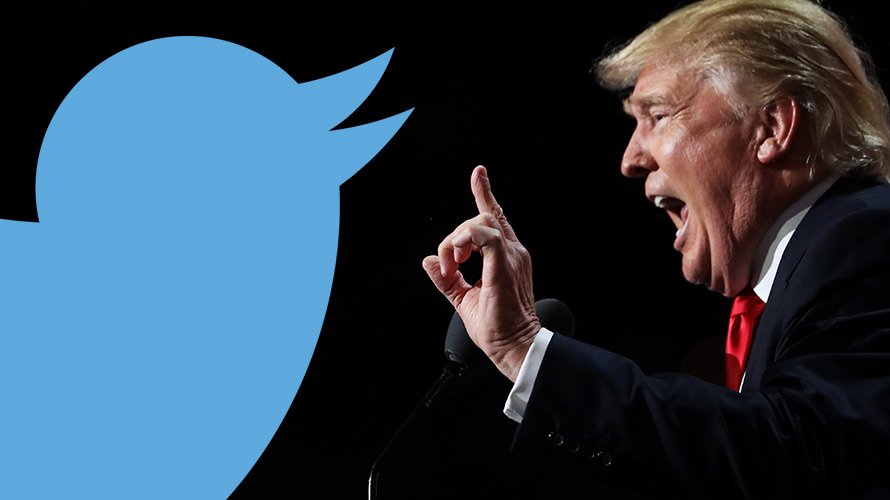Trump has filed a preliminary lawsuit against Twitter in the U.S. District Court for the South Florida District, arguing that the company was "forced" by members of the US Congress to suspend his account.
Twitter and many other social networks platforms they banned Trump from their services when a crowd of his supporters attacked the US Capitol on January 6.
The attack followed a speech by Trump in which he repeated false claims that his failure to be elected in November was due to widespread scam, a claim rejected by several courts.
Twitter "exercises a degree of power and control over political discourse in this country, something that is historically unprecedented and deeply dangerous to any democratic debate," Trump's lawyers said.
When Twitter shut down Trump, he said his tweets violated the platform's policy of banning "praise of violence." The company said at the time that Trump's tweets were "very likely" to encourage people to repeat what happened at the Capitol.
Before being ousted, Trump had more than 88 million followers on Twitter.
Trump's request claims that Twitter allows the Taliban to tweet about their military victories across Afghanistan, but censors him during his presidency, calling his tweets "misleading" or suggesting they are violating them. company regulations against "praise of violence".
In July, Trump sued Alphabet Inc.'s Twitter, Facebook Inc. and Google, as well as their executives, alleging that they were illegally silencing conservative opinions.





